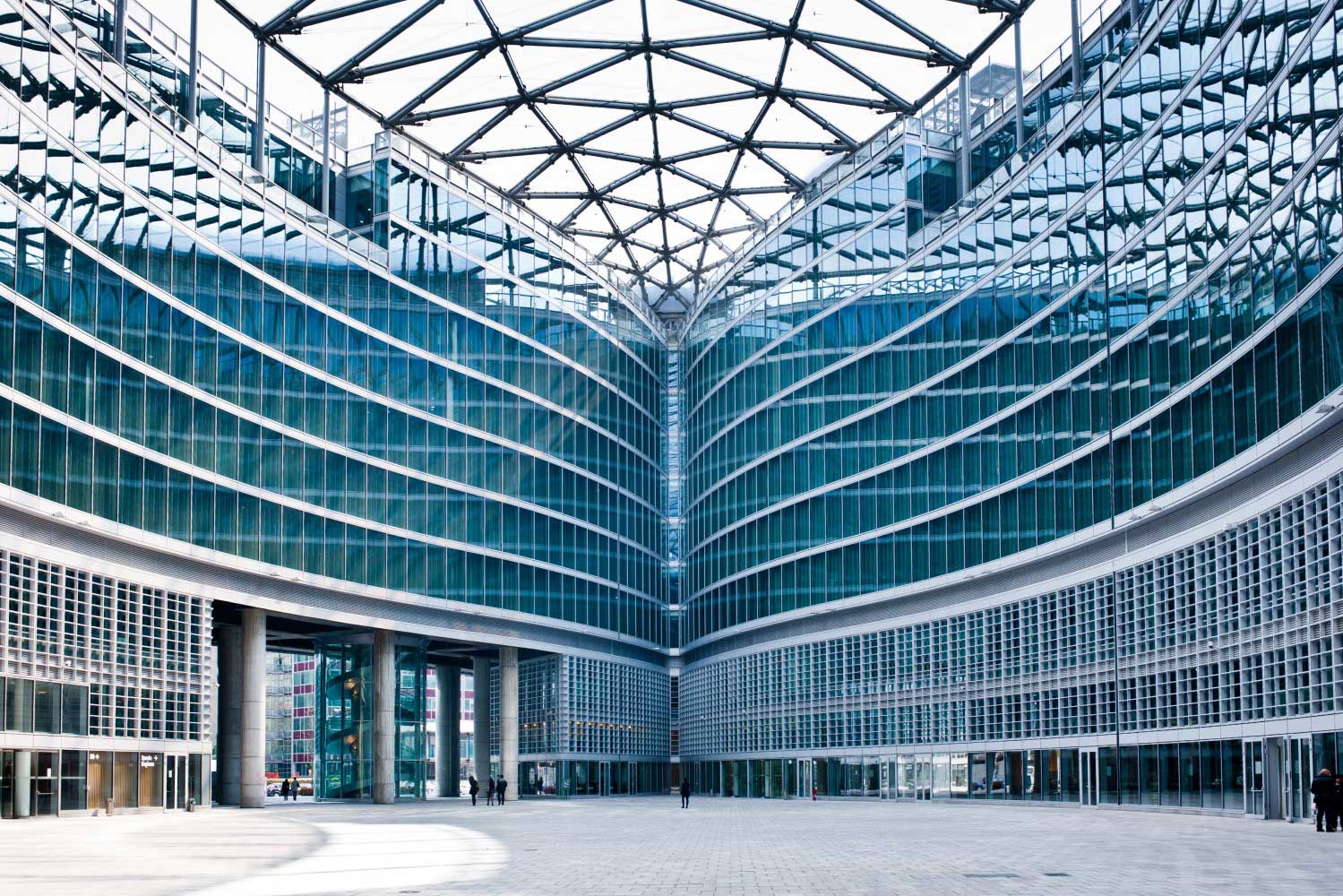Our democratic systems are struggling to adequately respond to the climate and ecological crisis we face. Where democratic governments propose robust climate measures, too often they face social backlash. Citizens have legitimate fears that the transition to climate neutrality will make their lives worse and increase inequalities between the haves and have nots. Democratic governments must do more to take their citizens with them.

While trust in our governing institutions is at an all-time low, democracy as an idea still resonates strongly. The call must be to reinvigorate democracy. We cannot just defend our current democratic institutions as if the status quo is all we can expect and hope for. They are clearly struggling to manage the complex climate challenge in ways that are responsive to the needs and interests of their citizens. As well as finding ways to improve the functioning of electoral democracy, we need imaginative approaches to further enhance how power is allocated across society and how public preferences are expressed and translated into laws and policies.
Democratic innovations are emerging that offer new ways of collectively facing the democratic and climate crisis. These range from institutional reforms to bring the voice of future generations more systematically into political debate, such as dedicated rights for future generations or the lowering of voting ages, to efforts to take power out from central government to local and regional level through devolution. New forms of democratic ownership of key business sectors involved in the transition represent potentially powerful innovations in economic democracy.
Another category of democratic innovation is participatory climate governance: finding new ways to bring the voice and creativity of citizens into political decision making. Rather than climate policy being “done” to citizens by technocrats, people can come together to create a shared future. Rather than climate policy being a site of polarisation, climate action can be fostered through deliberation and collaboration.
The promise is more robust climate action that is responsive to people’s needs, interests, knowledge and lived experience; action that challenges climate and social injustices; action that people can trust because they have played a critical role in its development. Using the impulse of climate change to evolve democratic approaches in this way could, in turn, make democracy more resilient to other pressures and better able to address other complex problems.
An approach that both the European Climate Foundation (ECF) and the OECD have encouraged is citizens’ assemblies. These use a democratic lottery to recruit a diverse body of people from across society. Participants are provided with expert knowledge and a range of perspectives on the issues, enabling them to make informed decisions, unencumbered by misinformation, party-political dynamics and a media environment that too often encourages tribalism and polarisation.
The OECD has been at the leading edge of practice, documenting the “deliberative wave” across a number of established democracies, establishing standards to facilitate good practice and proposing ways that deliberative processes can be institutionalised.
The ECF has taken this a step further by establishing the Knowledge Network on Climate Assemblies (KNOCA), which aims to improve the commissioning, design, implementation, follow-up and evaluation of climate citizens’ assemblies to increase their impact. This is an active network of over 700 policy officials, practitioners, civil society actors, academics and others who co-create knowledge and guidance on what works and under what conditions.
I have personally witnessed the value of such assemblies as co-chair of the ‘Convention Citoyenne pour le Climat’ in France in 2019-20. Since the Convention, which met across 8 weekends, over 200 citizens’ assemblies on aspects of the climate crisis have been held across Europe alone. While most assemblies have been organised at municipal level, a dozen have taken place at national level, and there has even been an experiment with a global climate assembly.
What have we learned from this wave of democratic innovation on climate? Most importantly, ordinary people are willing and able to come to ambitious decisions on climate action. Studies show that that climate assemblies tend to be more open than governments to “innovative and potentially controversial topics”, including regulation in areas such as flying, driving, diet and advertising.
For a relatively novel institution, citizens’ assemblies are already having significant impacts. The Irish Climate Action Act (2021) enacted many of the recommendations from its first Citizens’ Assembly. More recently, Ireland’s 2022 Citizens’ Assembly on Biodiversity Loss established a powerful public mandate for action which helped secure government support for a National Nature Restoration Plan and, indirectly, for the adoption of the EU Nature Restoration Law.
Ireland is an interesting case because citizens’ assemblies have become a regular part of its politics. They are embedded into the work of the parliament and government. This is an important lesson, because assemblies are still too often one-off, with not enough attention given to how they could be permanently integrated into political decision making. A lot of resources are put into running assemblies, but this is not matched in the follow-up. This does a great disservice to citizens. One-off assemblies cannot be responsive to the changing nature of the climate and ecological crisis. The planet continues to warm and the challenges we face in both mitigation and adaptation will evolve over time.
There are exciting developments in the establishment of permanent climate assemblies. Both the Brussels-Capital Region and the City of Milan have created permanent bodies that operate on annual cycles. The former is empowered to set its own agenda, in consultation with the administration and stakeholders, and a group of assembly members monitor the government’s response. The latter is focused on implementing the municipal climate strategy that has already been agreed by the government.
Climate assemblies are not the silver bullet. Alone, they will not solve the climate and ecological crisis. But they do show us what more democratic climate governance might look like. We need to experiment. We need to be creative. We need to invigorate democracy for the sake of our collective futures.
2024 OECD Global Forum on Building Trust and Reinforcing Democracy
This blog is part of a collection of opinion pieces that showcases diverse perspectives on the new frontiers of citizen participation, from thought leaders and practitioners across national and local government, academia, business, trade unions, and civil society. It offers insights and inspiration for discussions at the 2024 Global Forum on Building Trust and Reinforcing Democracy, and future multidisciplinary work at the OECD.
The Global Forum takes place in Milan, Italy, 21-22 October 2024. Register to follow the discussions online: https://www.oecd-events.org/global-forum-on-democracy/en
This blog article should not be reported as representing the official views of the OECD or of its Member countries. The opinions expressed and arguments employed are those of the authors.


